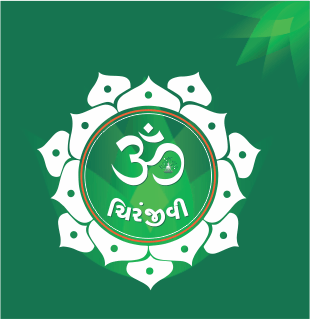Online Consultation
Refer a Friend
Location & Direction
Keep in Touch with Us
Friday to Sunday :By Appointment Only
Parkinson's Disease

Parkinson's disease (PD) is a degenerative disorder of the central nervous system mainly affecting the motor system. It affects the nerve cells in the brain that produce dopamine. Early in the course of the disease, the most obvious symptoms are movement-related; these include shaking, rigidity, slowness of movement and difficulty with walking and gait. Later, thinking and behavioral problems may arise, with dementia commonly occurring in the advanced stages of the disease, and depression being the most common psychiatric symptom. Other symptoms include sensory, sleep, and emotional problems. The main motor symptoms are collectively called "parkinsonism", or a "parkinsonian syndrome".
A physician will diagnose Parkinson's disease from the medical history and a neurological examination. There is no lab test that will clearly identify the disease, but brain scans are sometimes used to rule out disorders that could give rise to similar symptoms. People may be given levodopa and resulting relief of motor impairment tends to confirm diagnosis After diagnosis, treatments can help relieve symptoms, but there is no cure in Toto .
In Ayurveda the disease is well managed by therapies and therapeutics. Same varies accordingly to nature, age, built of the patient and duration, severity of the disease and are kashya ksheera dharas, abyangam, pizhichil, pizhizhu thadaval, njavara kizhi, thaila dharas bhahya and abyantara snehapanas, swedanas, mridu shodanas and panchakarmas.

